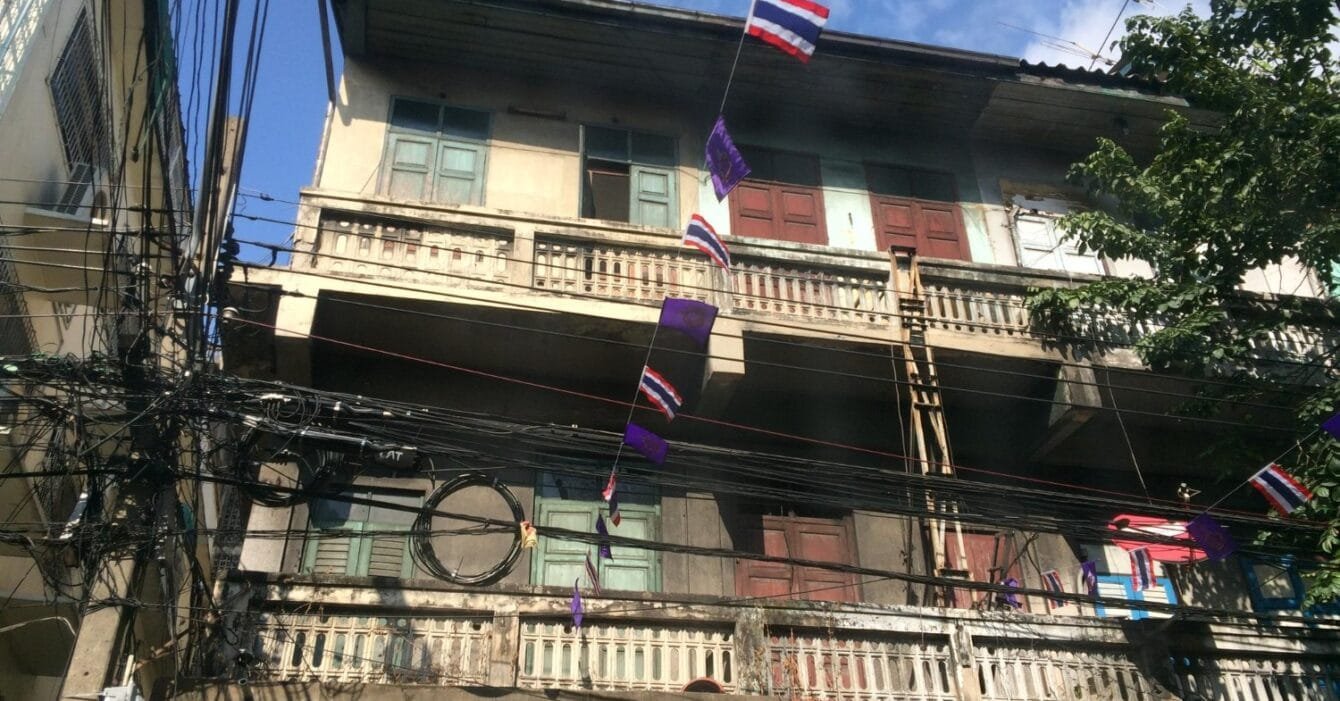Access to affordable housing is one of Thailand’s biggest challenges. As demand rises, the government and private sector are working on initiatives to provide Thailand Affordable Housing Initiatives for low-income households. These programs aim to reduce costs, provide financing, and deliver housing for struggling families.
Government Housing Bank’s Impact
The Government Housing Bank (GH Bank) plays a crucial role in Thailand Affordable Housing Initiatives. By the end of 2023, GH Bank had extended mortgage loans worth THB 280 billion (US$8 billion). This funding enables families to access low-cost homes.
To further address demand, the Thai government launched a plan to build one million low-cost housing units. In February 2023, a third phase of this project received approval with a THB 20 billion (US$574 million) budget. The goal is to deliver homes priced at THB 1.5 million (US$43,068), making them affordable for low-income families.
Read Also: Guide to Combat Construction Project Delays in Thailand
Read Also: The Hidden Growth of Urbanization and Construction Thailand
Thailand Affordable Housing Initiatives: Baan Eua-Arthorn Program
The Baan Eua-Arthorn program, launched in 2003, remains one of Thailand’s most impactful housing initiatives. This program, led by the National Housing Authority, focuses on families earning less than THB 15,000 (US$430) per month. To date, it has built 280,500 housing units, directly benefiting the poorest households.
However, challenges remain. Rising construction costs, which have increased by 8% annually over the past five years, make it harder to provide homes at affordable rates. High material and labor costs strain both government and private-sector budgets.
The Challenges of Thailand Affordable Housing Initiatives

Housing affordability is a significant concern in major cities like Bangkok. The current housing price-to-income ratio stands at 7.5:1, meaning a home costs 7.5 times the annual household income. This figure is well above the international affordability standard of 3:1.
For low-income families, financing remains a barrier. Programs like the “Home for All” policy provide subsidized loans with interest rates as low as 1.5%. Yet, only 20% of eligible families can qualify for these loans due to strict income requirements.
Private Sector Contributions in Thailand Affordable Housing Initiatives
While the government plays a significant role, private organizations also contribute to Thailand Affordable Housing Initiatives. Habitat for Humanity Thailand works closely with local communities to address housing shortages. They have built or rehabilitated homes for over 11,600 families, focusing on low-income households and single-parent families.
Additionally, the Thai government is exploring solutions to increase access to financing. By increasing loan-to-value ratios from 90% to 100%, eligible buyers can purchase homes without needing a down payment. This initiative is expected to boost homeownership among low-income earners.
Slow Progress and Rising Demand
Despite these Thailand Affordable Housing Initiatives, progress remains slow. For instance, the Baan Mankong Program has completed only 35% of its planned housing units as of 2021. Delays in project approvals and financing challenges have further worsened the housing shortage.
The rising cost of construction, combined with slow completion rates, makes it difficult to meet growing demand. However, continued collaboration between the government and private organizations offers hope for the future.
Read Also: The Rise of Thailand Smart City Projects: A $6B Revolution
The crisis of Thailand Affordable Housing Initiatives is a complex challenge. The Government Housing Bank, Baan Eua-Arthorn program, and private sector efforts provide valuable solutions. However, rising costs and financing barriers remain significant hurdles. By addressing these issues, Thailand can ensure more families access safe and affordable housing.

